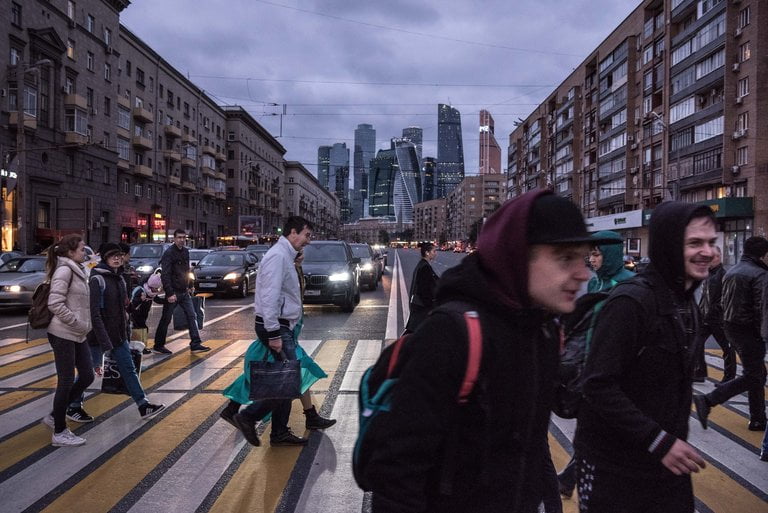
WASHINGTON — Smartphone users in Russia can no longer download the LinkedIn app on iPhone or Android devices, following a similar move in China to block The New York Times app on iPhones.
The demand by Russian authorities to remove LinkedIn in Apple and Google app stores comes weeks after a court blocked the professional networking service for flouting local laws that require internet firms to store data on Russian citizens within the nation’s borders.
The action is the equivalent of a nation banning “Catcher in The Rye” and then forcing booksellers to remove the title from their shelves. It puts Apple and Google in a difficult position. The companies are strong proponents of open internet policies and free speech but are now being asked to be agents for governments that censor its citizens.
When LinkedIn’s website was blocked, the apps stopped functioning properly. Removing them from the Google Play store and Apple’s App Store may not have cut off access to content, but it sent a signal that countries can push the tech giants to remove the apps.
Direct blocking of websites has been done by China, Russia, Turkey and several other nations for years, usually through their state-run internet service providers. But civil rights groups say the pressure authoritarian governments are now placing on Apple and Google is a new wrinkle.
“Apps are the new choke point of free expression,” said Rebecca MacKinnon, who leads a project on open internet tracking at New America.
Increasingly, United States tech companies are complying with those demands. In the early 2000s, American internet firms strongly pushed back on demands by China to comply with censorship rules within the country’s internet controls, known as the Great Firewall. Recently, Facebook has been working on a censorship tool to be able to access China, where it is currently blocked along with Twitter and Google.
LinkedIn, which is owned by Microsoft, said it was “disappointed” with the decision by Russian regulators to block the service, which the company confirmed was extended to apps in Russian Apple and Google Play stores.
“It denies access to our members in Russia and the companies that use LinkedIn to grow their businesses,” said Nicole Leverich, a spokeswoman for LinkedIn.
Apple confirmed it was asked to remove its LinkedIn app in Russia about a month ago. It has also confirmed it was asked by China to block The New York Times app, but declined to comment further on both events. Google would not confirm it has removed LinkedIn in Russia but said it adheres to local laws in the countries in which it operates.
More nations have enforced their own internet laws in recent years. Turkey intermittently blocks social media, such as during the attempted government coup last summer. It has also forced YouTube to remove content it considers disparaging of its modern-day founder Mustafa Kemal Ataturk. European nations have also drawn up their own privacy laws and in 2014 a court declared its citizens could demand internet companies like Google unlink information about users upon request.
Tech companies and civil rights advocates warn that the increasing push by nations to create their own internet rules will Balkanize the internet and potentially lead to privacy violations and the stifling of political dissent. Other countries, however, criticize Silicon Valley and the United States government for setting the norms and rules for the internet.
“Internet free speech and internet freedom are increasingly under attack all over the globe, and not just from authoritarian regimes,” said Robert M. McDowell, a former member of the Federal Communications Commission and partner at Cooley law firm. “It appears to be a one-way ratchet with speech control getting tighter.”
LinkedIn has several million users in Russia, it said. In November, a Russian court ruled that the professional networking site broke local laws that require foreign internet firms to keep their servers holding information on Russian accounts within the nation.
Most American internet companies in Russia operate in violation of the law, but without explanation, Russian regulators at a body known as Roskomnadzor took the rare step of enforcing its rules. The Russian regulators could not be immediately reached for comment.
The action came at a tense moment in Russian-United States relations related to cyber affairs. Russia has been accused of hacking into American accounts, including the Democratic National Committee, to try to influence the presidential election. American intelligence officials concluded in a declassified report released on Friday that the president of Russia, Vladimir V. Putin, ordered the campaign.
[Source:-The New York Time]




